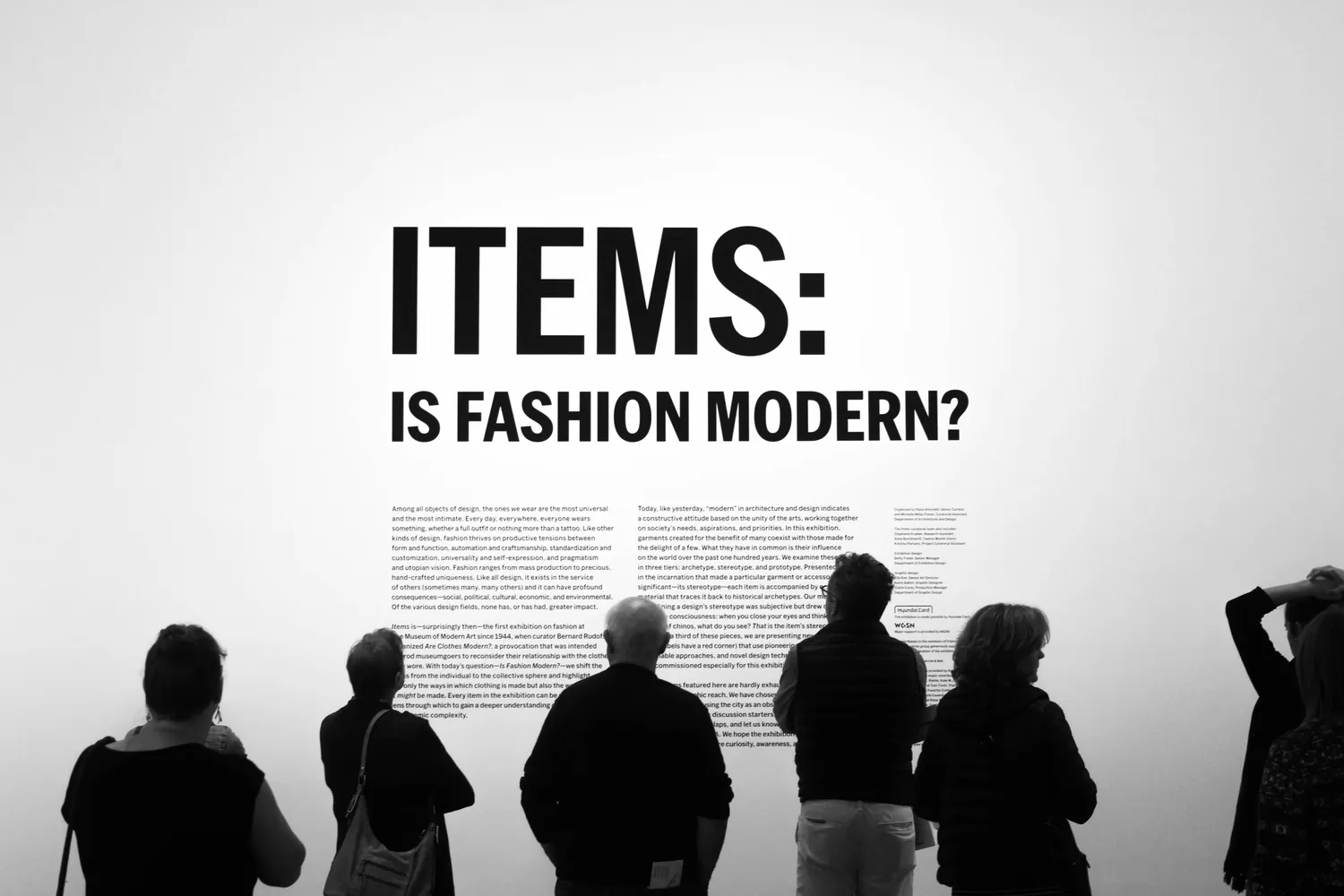Exploring How Modular Fashion Transforms Personal Style Choices Today

The Rise of Modular Fashion
Modular fashion has emerged as a revolutionary trend, responding to the increasing demand for customization and sustainability in the fashion industry. This approach allows consumers to tailor their wardrobes with interchangeable pieces, creating diverse outfits from a limited selection of garments. By facilitating personal expression and practical functionality, modular fashion is reshaping how we view clothing.
Modular fashion is characterized by its ability to mix and match components, such as sleeves, collars, and panels. This adaptability not only caters to individual style preferences but also encourages sustainable practices by reducing the need for excessive production and consumption.
Brands Leading the Modular Fashion Movement
Several innovative brands have pioneered the modular fashion movement, offering products that can be easily customized:
- Unspun: Known for their made-to-measure jeans, Unspun allows customers to select fabrics and styles that can be interchanged for different occasions.
- NiLuu: Specializing in vegan silk garments, NiLuu offers pieces with detachable elements such as cuffs and belts, allowing for multiple styling options.
- The Shirt Company: This brand focuses on modular shirts with removable sleeves and collars, transforming a single shirt into various looks suitable for work or casual settings.
Case Study: NiLuu's Transformative Designs
Consider NiLuu's approach to modular design. Their versatile garments offer a unique blend of aesthetics and practicality. A single dress might come with detachable panels that transform it from a formal evening gown into a chic cocktail dress. This flexibility not only saves space in your wardrobe but also reduces the environmental impact of constantly purchasing new clothes.
Sustainability through Modular Fashion
Modular fashion inherently supports sustainability by promoting a minimalist approach to clothing ownership. By investing in quality pieces that can be reconfigured, consumers are encouraged to buy less and wear more. This shift reduces waste and supports a circular economy.
Additionally, the production processes of many modular fashion brands focus on ethical practices, using sustainable materials and fair labor policies. For instance, brands like Unspun use zero-waste technologies in their manufacturing process, highlighting a commitment to environmental responsibility.
The Impact on Personal Style
Modular fashion not only enhances sustainability but also empowers individuals to experiment with their style. With customizable elements, people can express their identity through clothes that adapt to different moods and occasions. This freedom to personalize leads to greater satisfaction and a deeper connection to one's wardrobe.
How to Integrate Modular Pieces into Your Wardrobe
If you're considering incorporating modular fashion into your wardrobe, here are some practical tips:
- Start with Basics: Begin with foundational pieces like shirts or trousers that offer modular features such as detachable sleeves or adjustable lengths.
- Focus on Versatility: Choose items that can transition between casual and formal settings by swapping out components like collars or embellishments.
- Prioritize Quality over Quantity: Invest in well-made pieces that offer durability and flexibility rather than accumulating numerous items that serve the same purpose.
Building a Modular Wardrobe: Step-by-Step Guide
- Assess Your Current Wardrobe: Identify pieces you frequently wear and consider how they might benefit from modular enhancements.
- Select Key Modular Pieces: Choose versatile garments that can be styled in multiple ways through interchangeable elements.
- Experiment with Combinations: Mix and match different components to create unique outfits tailored to various occasions.
- Edit and Refine: Periodically review your collection, ensuring each piece remains relevant to your style needs.
The Future of Modular Fashion
The trend of modular fashion is poised for growth as consumers increasingly seek sustainable and customizable clothing solutions. As technology advances, we can expect further innovations in fabric development and garment engineering, enhancing the functionality and appeal of modular designs.
Ultimately, modular fashion represents a shift towards more mindful consumption. By embracing this trend, individuals not only enhance their style choices but also contribute to a more sustainable future in fashion.
 BuzzArticle
BuzzArticle